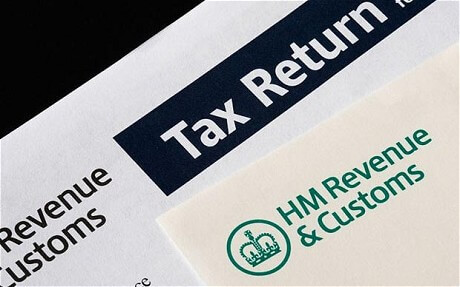The high income child benefit charge is an income tax charge designed to recover child benefits payments if the recipient or their partner has net income over £50,000 in a tax year. Introduced several years ago, the charge continues to catch out taxpayers.
Child benefit is a social security benefit which is usually not taxable. However, if a taxpayer has net income over £50,000 is any tax year and receives the benefit (or their partner receives it), then the taxpayer may be subject to this income tax charge. The effect of the charge is to recover child benefit payments from taxpayers, who are deemed to be high earners.
Net income is taxable income from all sources (e.g. a salary, business profits, property rental income) less the value of any personal pension contributions and charitable gift aid donations made by the taxpayer.
Partners includes husbands, wives, partners in a civil partnership or an unmarried partner where the couple live together as though they were married or were civil partners.
The tax charge is collected through the HMRC self-assessment system. This includes the need to submit a self-assessment tax return, which can be time-consuming.
Whilst in the past you may not have been affected by this charge because your income is below £50,000, if your income increases over time you could be drawn into the regime. If so, what can you do?
As an example, Sam is divorced with two kids aged 8 and 6. She claims child benefit. In previous years, her net income has been below £50,000. However, for tax year 2019/20 she has been promoted at work and her annual income will now be £56,000. She will also make a personal pension contribution in 2019/20 of £4,500 (gross). Sam’s child benefit payments in the year will be £1,788.
Given Sam’s higher income, she will suffer a high income child benefit income tax charge of £268 in tax year 2019/20. This is because her net income will be £51,500 (£56,000 less the pension contribution of £4,500) which exceeds the £50,000 threshold by £1,500.
Sam could decide that she doesn’t want the hassle of submitting tax returns and paying this additional tax, and so she can elect to stop receiving child benefit. This means that she would avoid the £268 charge, but she will also lose the child benefit of £1,788.
Because the £50,000 limit is based on net income, Sam could make an additional personal pension contribution or a charitable gift aid donation of £1,500 in 2019/20. This would reduce her net income from £51,500 to £50,000. This is legitimate tax planning which will take her out of this charging regime.
One other important point. If your child is under 12 and you don’t work or don’t earn enough to pay national insurance, making a child benefit claim will preserve NI credits which count towards your state pension. So, it’s usually beneficial for any stay-at-home parent to make the child benefit claim.
HMRC’s personal and business tax rules are a minefield. If you’d like the support of experienced chartered accountants to help you navigate them, we’d love to help. Please do get in touch – see our Contact Us page.
Keeping you compliant | Saving you tax | Helping you prosper
Information in this publication is intended to provide only a general outline of the subjects covered. It should neither be regarded as comprehensive nor sufficient for making decisions, nor should it be used in place of professional advice. Whyatt Accountancy accepts no responsibility for any loss arising from any action taken or not taken by anyone using this material.

